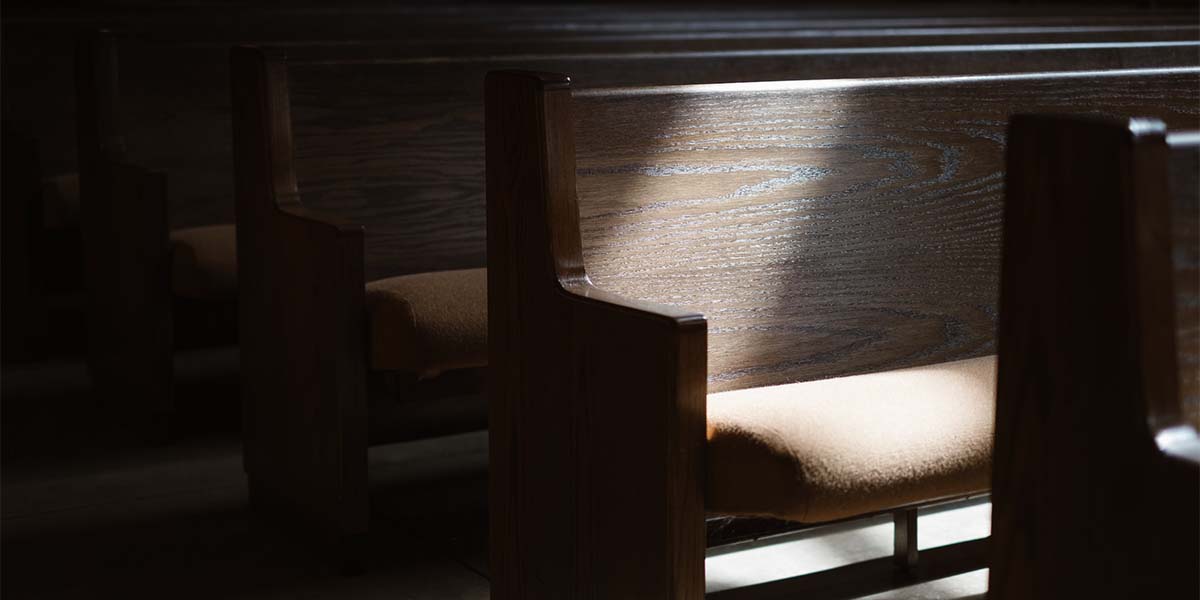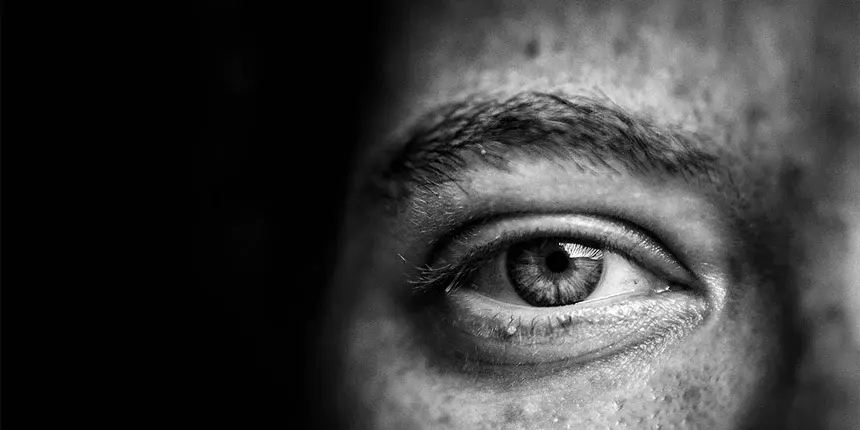.png)
Parallel Wounds: Religious Trauma and Narcissistic Abuse
In my practice I’ve found trauma can stem from many sources, and while each individual experience is distinct, the parallel wounds borne by survivors of religious trauma and those who have survived abusive narcissistic relationships are evident. Whether caused by a religious institution or a narcissistic parent, the harm to the psyche often follows a familiar pattern.
Erosion of identity
Religious trauma and narcissistic abuse can individually and jointly take a person's sense of self apart. Religious trauma may emerge from an authority that effectively "commands" (and usually gets) a sort of ironclad conformity and obedience. But it's not just religious institutions that can dish out religious trauma; some dysfunctional families serve it up too. In a similar way, narcissists create chaotic environments where they and only they are the center of the universe, and where everyone else is expected (and usually forced) to perform to their standards.
control through fear
Both religious organizations and narcissists have historically used fear as a means of control. They have taught (and still teach) that noncompliance will lead to dire consequences. For religious people, the ultimate noncompliance leads to eternal damnation. For the victims of narcissists, they are shown that noncompliance will land them in a place of such emotional instability that, if they aren't already in that place, they will soon be.
isolation
Individuals suffering from religious trauma often live in enforced solitude, cut off from friends, family, and the outside world to maintain the illusion of religious purity and obedience. Similarly, narcissistic abuse often features enforced solitude and the cutting off of social supports, so that the victim must live in a world that revolves around the narcissist. Both of these forms of trauma deeply entrench dependency and hobbles the victim's ability to seek help.
shame and guilt as weapons
Feelings of guilt and shame are common among survivors of religious trauma and narcissistic abuse. Many trauma survivors struggle with these emotions, but it is important to understand that they are not caused by something wrong with the victim. Survivors of religious trauma are made to feel shame by the very religious systems that traumatize them which is a big factor in the trauma. Survivors of narcissistic abuse are also made to feel shame, but generally by the abuser in conjunction with gaslighting and other forms of psychological manipulation. In both of these cases the abuser uses shame to keep the victim from reclaiming his or her power.
long lasting impacts of narcissism
The wounds inflicted by religious trauma and narcissistic abuse take a long time to heal and can lead to the development of some pretty negative core beliefs. Survivors of religious or narcissistic domination often manifest the same symptoms that many abuse survivors do: depression, anxiety, PTSD, or C-PTSD. They may also suffer with self-worth issues, pervasive trust problems, or an inability to configure and maintain healthy relationships or boundaries. Healing is a complete rewiring of their psychological systems and a total reconstruction of an uninterrupted sense of self that is imbued with autonomy and compassion.
healing from trauma
Healing may seem like a huge task, but we can work on it together, and there are also some things you can do on your own. Unwinding the long-lasting effects of toxic trauma on your sense of self and helping you reclaim a life of authenticity and freedom is paramount. In my own practice I often utilize techniques based in CBT or EMDR to help replace negative beliefs or a negative sense of self with a healthier, more well-adjusted one. Reach out to me at Lifeologie Counseling Dallas, where I help people heal from trauma and abuse. Connect with me in Texas at (214) 357-4001 or find a Lifeologie therapist near you to help you live authentically and find clarity and peace of mind.

About Dylan Inserra
Dylan Inserra, LPC, is passionate about working with people wanting to process and heal from trauma, explore EMDR, the LGBT+ population, anxiety, sexuality-related issues, couples, and people exploring nontraditional relationships. He sees individuals, couples, and groups at Lifeologie Counseling Dallas.
Meet Me



